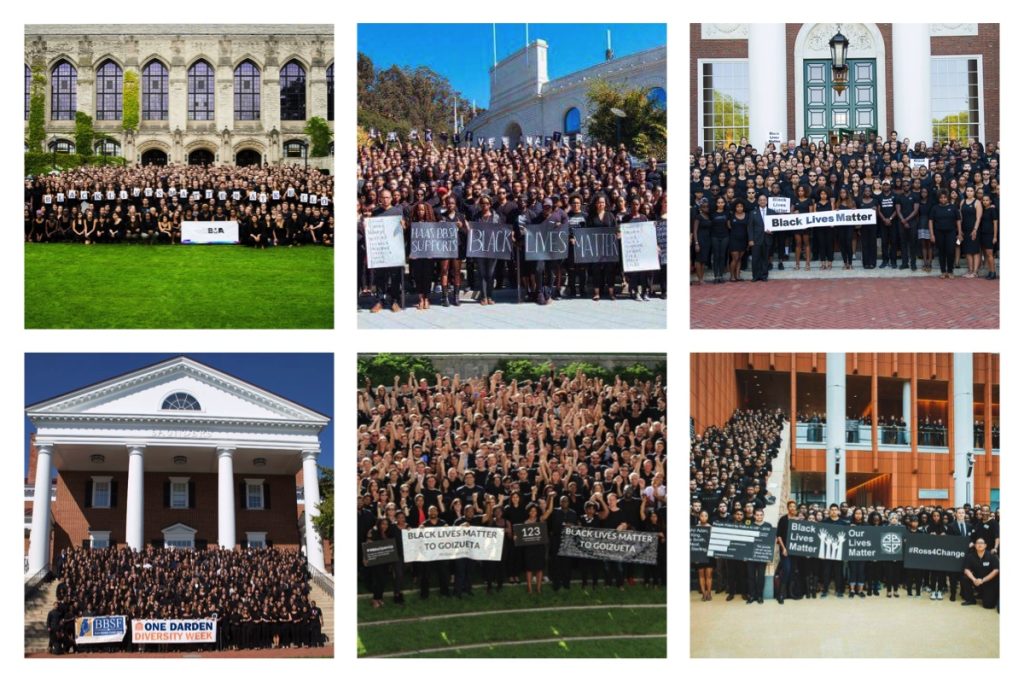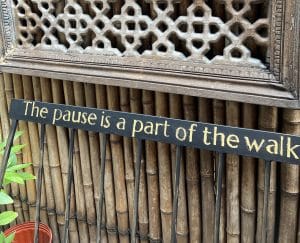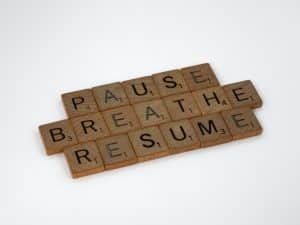
Let’s see if this sounds about right to you. Mindful people are centered and calm. Because they’re calm, they’re also pretty quiet. They don’t like to ruffle feathers, so they avoid conflict and never express challenging thoughts or ideas. Does that sound spot-on? If you’re nodding yes, don’t be alarmed, but…the answer is, not necessarily. In fact, the more you practice mindfulness, the harder it can be to keep your opinions to yourself.
When you first start practicing mindfulness, you may find you feel more calm. Some days it’s tough, and others days it comes more easily, but overall, focusing on your breath or other aspects of the present moment tends to slow both the heartrate and a racing mind. These physiological effects may be where you decide to put your practice on cruise control, which is totally fine. However, you may start to notice a drift in a certain other, less expected direction when you’re out there on your path through the world.
Mindfulness makes it easier to handle difficult people. Here’s how it works: it starts with you. Mindfulness connects you to your own internal thoughts and emotions, and encourages you to be nonjudgmental and compassionate with yourself about them. For example, you don’t beat yourself up for being nervous about an exam or disappointed that you didn’t get a job you wanted. Those are normal reactions, so you make an effort to notice them without spinning off in a narrative about them. As in, “I didn’t get this job, so I’m never going to get a job, which means all this work I’ve been doing has been for nothing….” and so on. That narrative is the product of your very vivid imagination. Instead, you will acknowledge how you feel, be nice to yourself about it, but also recognize that this will pass, so you resist the reflexive urge to take your disappointment (in this case) out on someone else over something totally unrelated. You’re more aware of your current state, and more intentional about where you go from it.
The more you cultivate that kind of awareness, the more you are able to see the same struggle in other people. I’ve talked about this before, but people who engage in negative behaviors are almost always acting out of a place of negative internal emotions: sadness, loneliness, lack of belonging, fear. You can’t really see these experiences in others if you haven’t flagged them in yourself first. It definitely doesn’t excuse unkind or destructive behavior, but it does give you a greater ability to choose how you respond. On that note, sometimes responding means speaking up.
A few weeks ago, I spoke with the team behind the creation of an extensive array of mindfulness programming at NYU. During that conversation, Yael Shy, Senior Director of Global Spiritual Life at NYU, shared this thought with me:
“There is also a misperception that mindfulness is about being passive, polite, and is all about self-help. Although it can be about self-help, there is also a direct line from living a mindful, present, awake life and fighting for justice in the world. As we come to see ourselves as deeply interconnected with all life and everything on the planet, it becomes more and more difficult to stand by while people are oppressed.”
That doesn’t sound very quiet, does it? She’s right, though. Once you get real about how real the struggle is within you, it’s hard not to notice that everyone else is going through the same thing. Once you establish that common ground, you realize that we’re more alike than we are different. In short, you become more empathetic, but you may find that empathy is not a passive experience. You may find that in “that space between stimulus in response,” (V. Frankl) your intentional choice is to not stand by while injustice occurs.
Of course, there are mindful ways to be challenging. If you pop your top and resort to insults, aggression or even violence, you’re not being productive. You’re digging the conflict hole even deeper, and isolating yourself from the potential for positive results. Real change requires inclusiveness, buy-in, focused presence and intentional action. It comes from a willingness to get close to your perceived adversary in an open effort to better understand their position from their perspective. It is not silent, though, and it is most certainly not weak.
The mindful pursuit of justice is courageous and powerful because it is grounded in empathy and authentic connection. It is a choice driven by a true desire for resolution. It only arises when there simply is no longer an option for it not to – when what we see before us is too unjust to not be countered with an alternative possibility. In that moment, we may choose to speak or act, and with mindful intention, we may do our part to help others realize that frustration doesn’t need to lead to aggression, and that difference does not need to equal conflict.
“Our lives begin to end the day we become silent about things that matter.” – Martin Luther King, Jr.
*You can learn more about #MBAsOpenUp here and here. Photos above courtesy of students at Kellogg, Darden, Berkeley Haas, Michigan Ross, Emory Goizueta, and Stanford GSB, which are among many MBA programs participating in #MBAsOpenUp.




3 thoughts on “#MBAsOpenUp*”
Pingback: No-Fail Friday: Conflicting views | MindfulMBA
Pingback: No-Fail Friday: Heavy lifting | MindfulMBA
Pingback: Groundwork | MindfulMBA